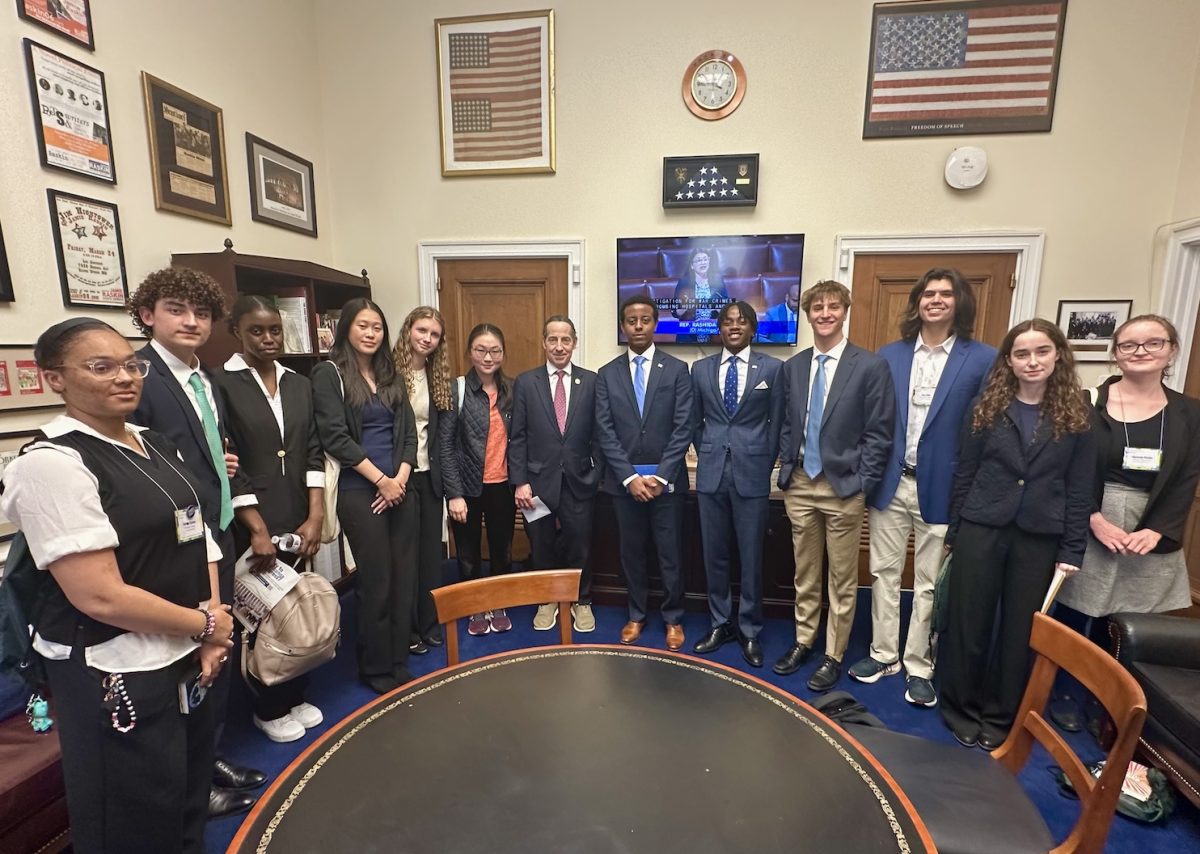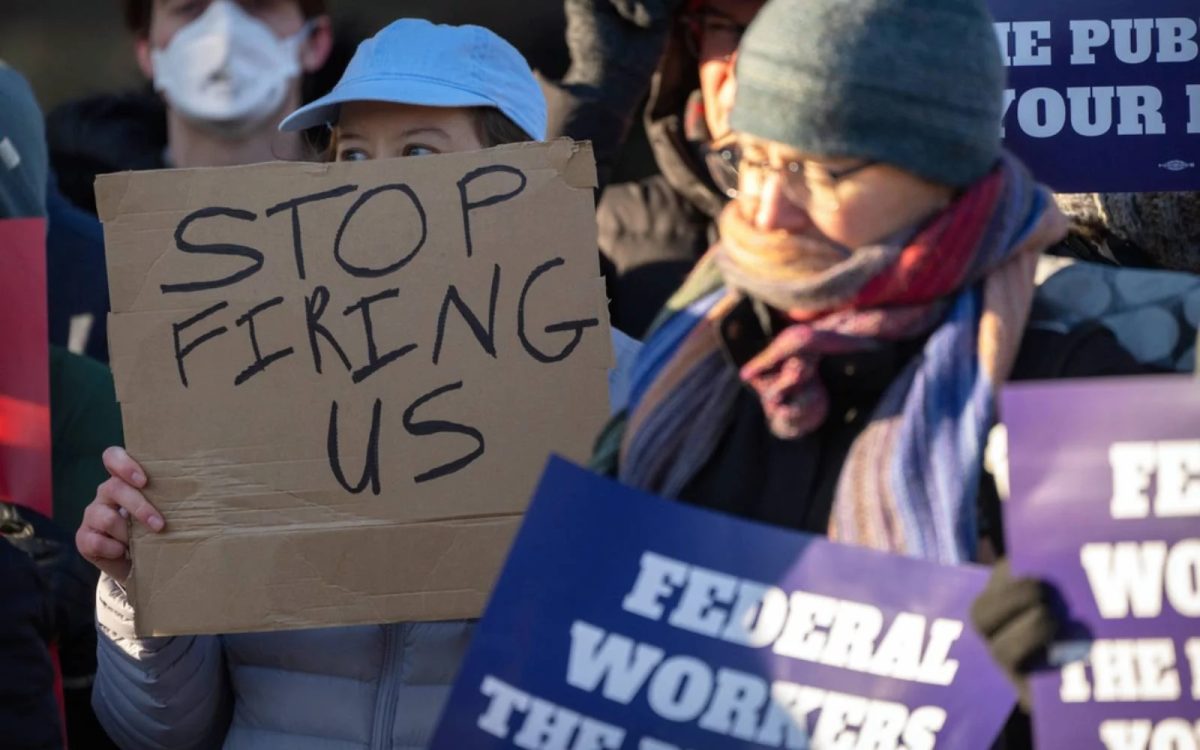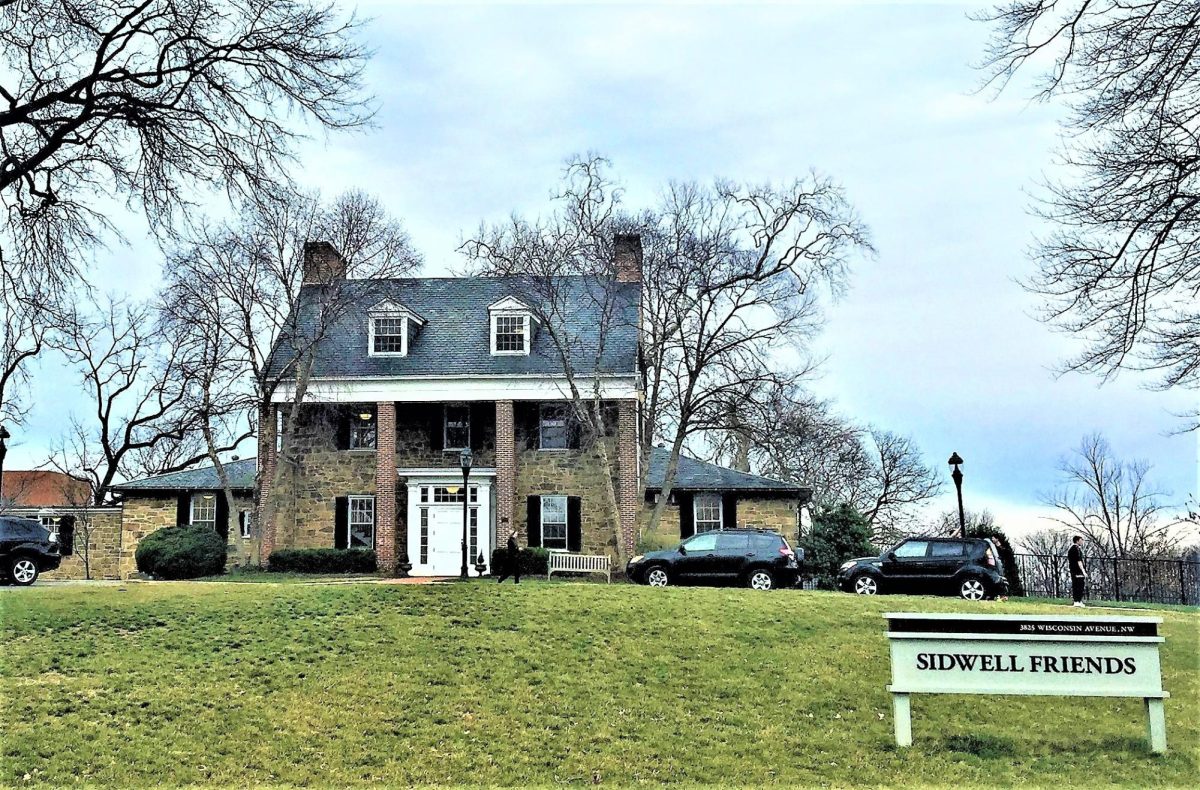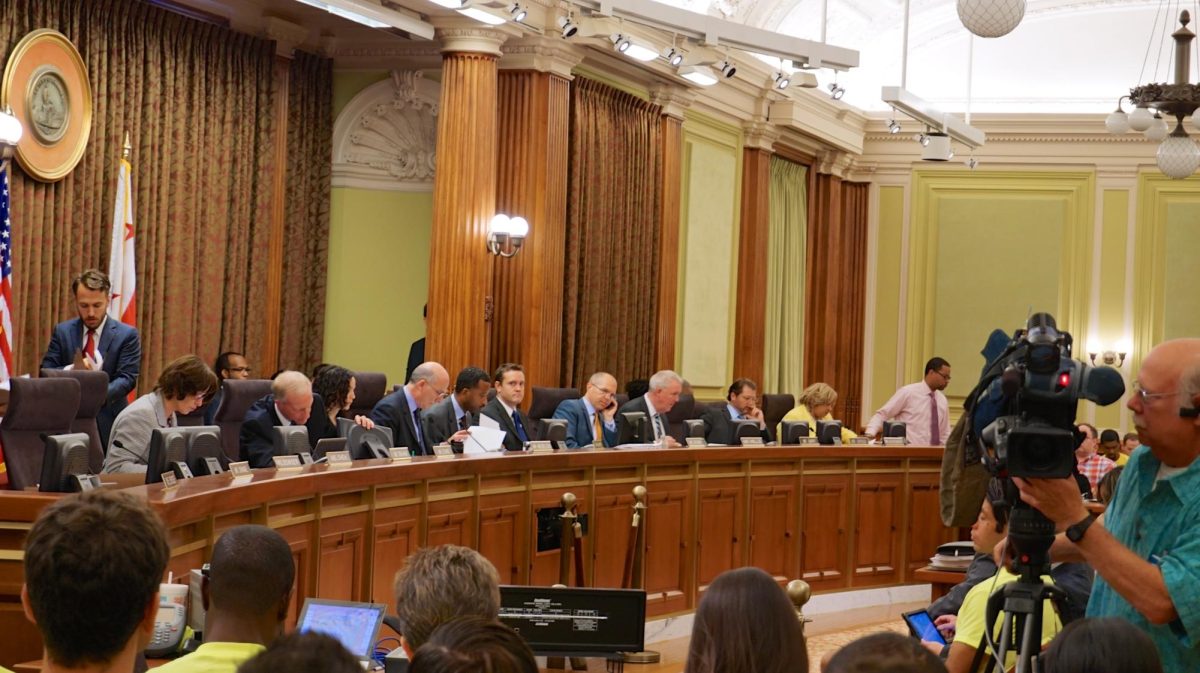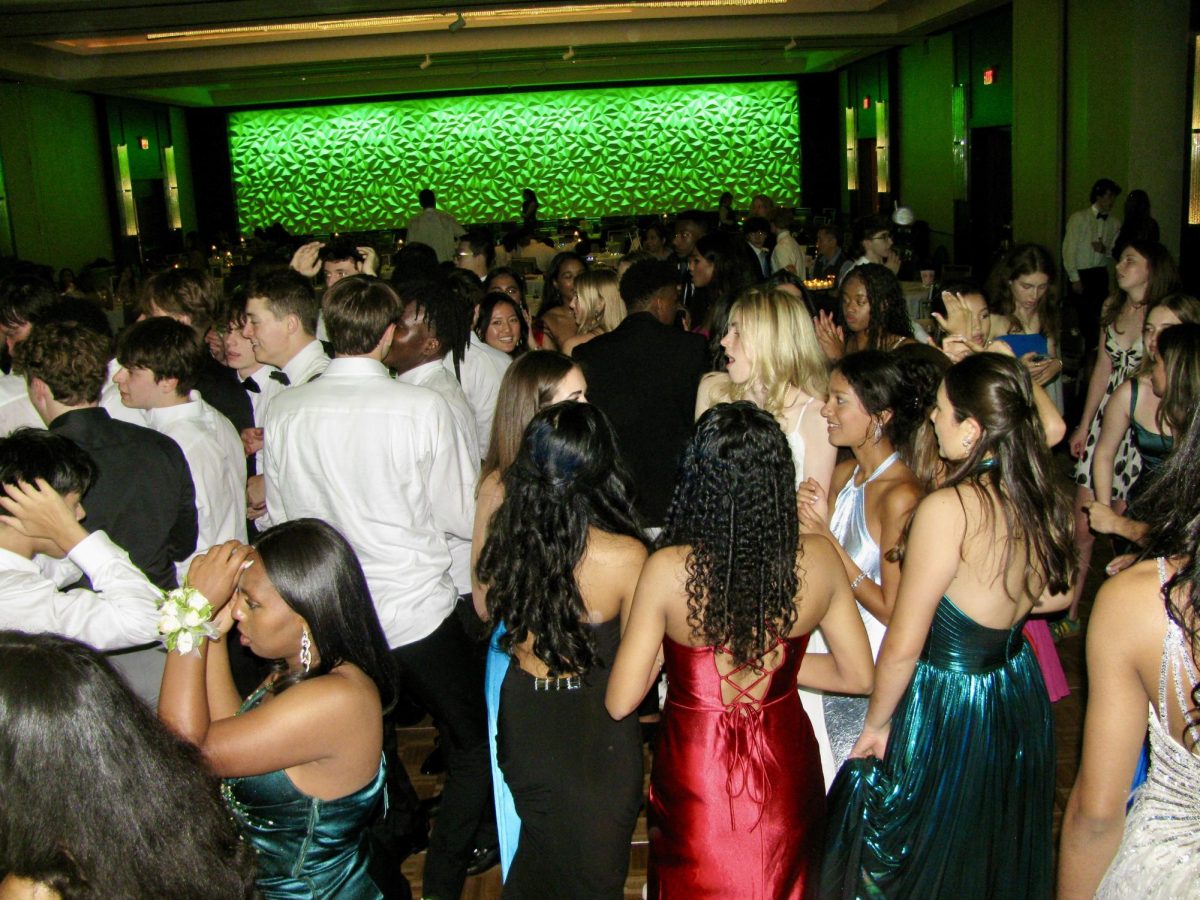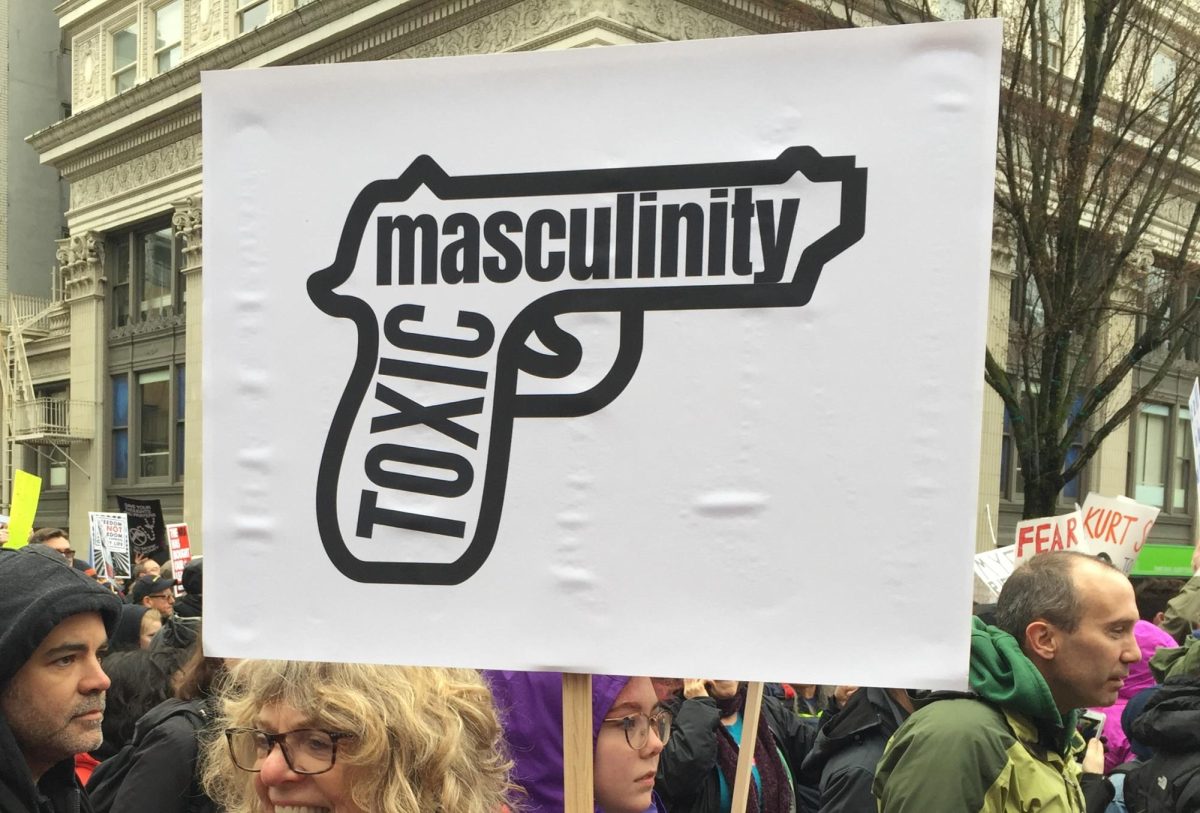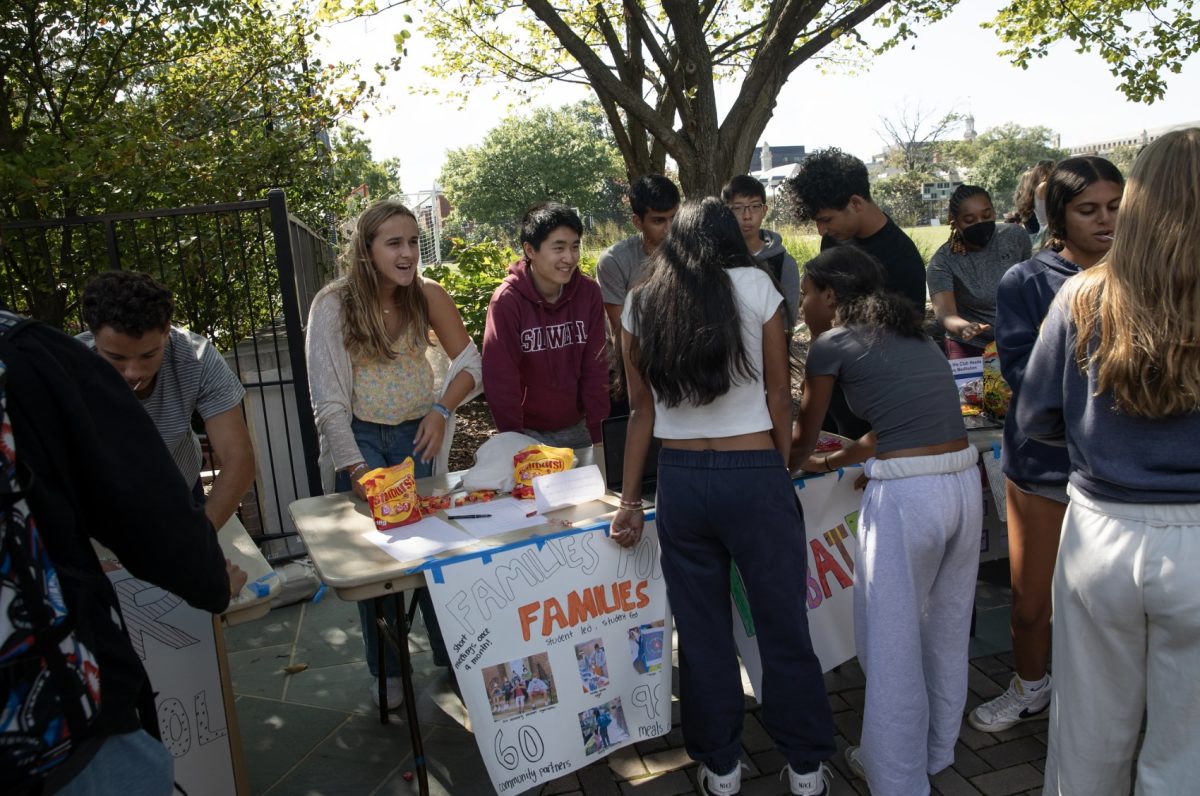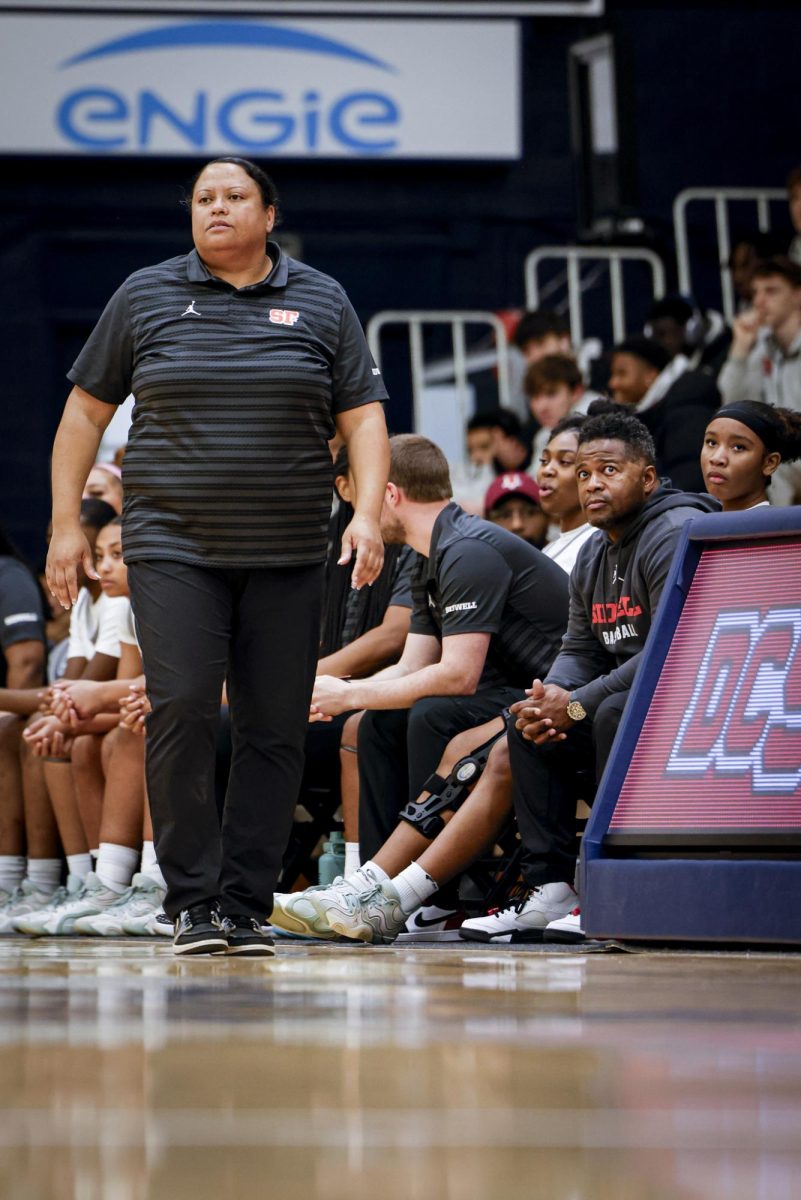On Jan. 7, dry conditions and strong winds sent wildfires raging across the Los Angeles area, destroying long-standing homes and businesses. The wildfires killed at least 29 people, forced more than 200,000 to evacuate and destroyed or damaged more than 18,000 homes and structures before they were successfully extinguished on Jan. 31.
“It’s just been a crazy couple of weeks,” said Eden Conner, a senior attending Harvard-Westlake High School in Los Angeles. Connor relived her memories of the fire that ripped through her neighborhood, “basically [burning down] every house on [her] street.”
While Conner recognizes that “losing your house it’s definitely not the same as losing someone in your life,” she shares that “there are some days where you feel fine and then there are other days where it’s really hard.”
In addition to these devastating events, survivors have also faced emotional struggles—grappling with feelings such as hopelessness, remorse and guilt. In her interview with the L.A. Times, Shannon Hunt recalled, “Every time I cry, every time I feel broken, I think I don’t deserve that, because someone else has it worse … Other people have no baby pictures and no Christmas ornaments and they are people that I love. How can I complain?”
Conner lost all of her belongings, including her birth certificate and her family photo albums. For her, it is not that easy to regain a sense of normalcy.
“My outlook on safety [has] really changed,” Conner said. “In general, there’s a big sense of loss … over 50 families at my school lost their homes,” she said.
JPMorgan estimated that the fires caused $20 billion in insurance losses, and total economic losses could reach $50 billion. In addition to the property damage, many citizens have been barred from scoping out the potential damage to their property because of ongoing evacuation orders. Conner remembered that there wasn’t much notice given to evacuate, forcing many to leave in a hurry. At one point, almost 200,000 people were under evacuation orders as firefighters attempted to battle the fires.
“The most important thing is just keeping communication,” Conner said. “I call and check in on pretty much everyone that I know and love that lost their homes because we’re all struggling, and sometimes all you need is for someone to check in on you. I just tried to be there for the people that I really love.”



